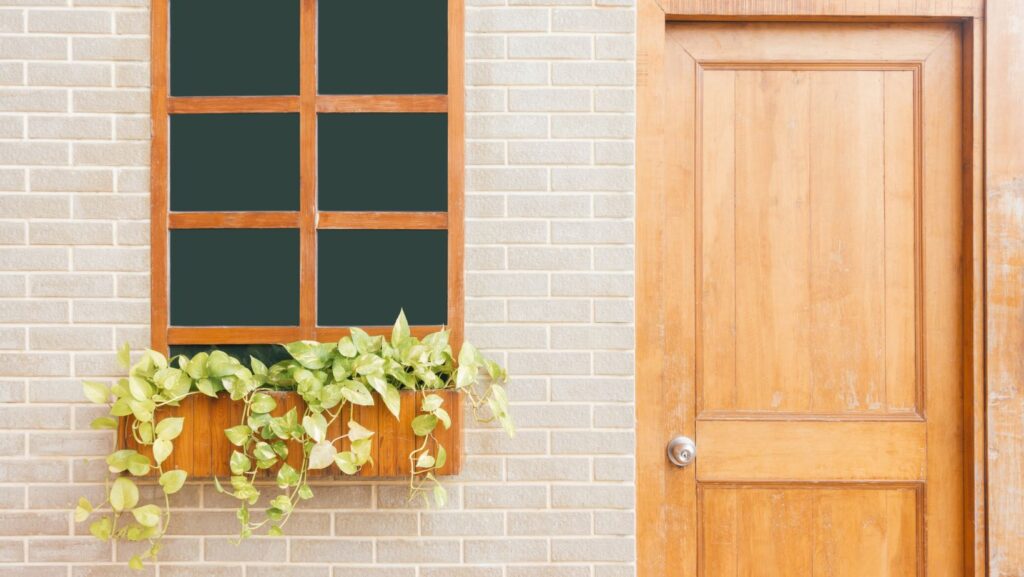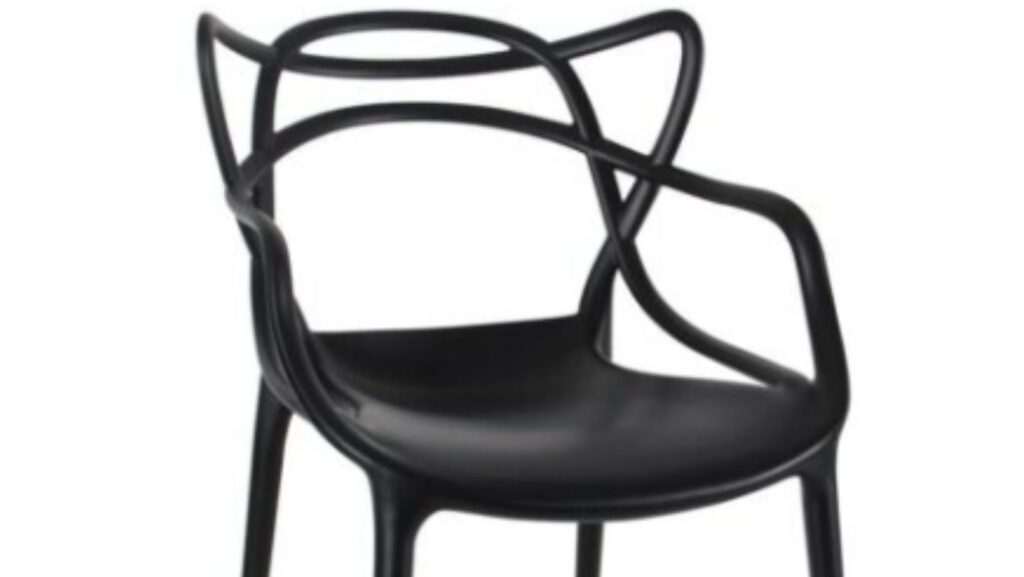Doors play a crucial role in the functionality, security, and aesthetics of any space, whether residential or commercial. Choosing the right doors involves careful consideration of various factors, including purpose, material, design, and budget.
This comprehensive guide will help you navigate the process of selecting doors that best suit your needs, ensuring long-term value and satisfaction.
Understanding the Purpose of the Door
Doors for Residential Spaces
In homes, doors serve multiple purposes, such as providing security, privacy, and visual appeal.
Exterior doors, like the main entrance, prioritize durability and security, acting as the first line of defense against intruders while contributing to curb appeal. Materials like solid wood, fiberglass, or reinforced steel are popular choices for their strength and aesthetic versatility.
Interior doors focus on privacy and functionality. Bedroom and bathroom doors often feature locking mechanisms for privacy, while closet doors prioritize ease of access.
Sliding or pocket doors are space-saving solutions for compact areas, and French doors add elegance to living or dining rooms.
For expert guidance and a wide range of options, visit Doors For Pros.
Doors for Commercial Spaces
Commercial doors must withstand heavy use while complying with local building codes and safety regulations. In addition to security, these doors often incorporate features like fire resistance, soundproofing, and accessibility.
For example, automatic sliding doors are common in retail spaces for easy customer entry, while solid steel doors with reinforced frames are ideal for secure warehouses and storage areas.
Choosing the Right Material
Wood
Wooden doors offer a classic and versatile appearance, suitable for various architectural styles. However, they require regular maintenance to prevent warping, rotting, or pest damage. Treatments like staining, sealing, or painting can extend the lifespan of wooden doors.
Steel
Steel doors provide exceptional strength and security, making them ideal for exterior applications in both residential and commercial properties.
While resistant to cracking and warping, they may require periodic maintenance to address dents or prevent rust. Modern steel doors often include insulation layers for improved energy efficiency.
Fiberglass
Fiberglass doors combine the durability of steel with the aesthetic versatility of wood.
Lightweight and resistant to dents and scratches, they require minimal maintenance and are well-suited for areas exposed to harsh weather conditions. Fiberglass doors can mimic the texture and appearance of natural wood.
Glass
Glass doors enhance natural lighting and create an open, modern look. They are popular for patio doors, office entrances, and storefronts but may require additional reinforcements for security.
Frosted or textured glass provides privacy without compromising light flow, while tempered or laminated glass reduces the risk of breakage.
Selecting the Right Door Type
Hinged Doors
Hinged doors are the most traditional and widely used type, suitable for almost any space.

They swing open on hinges attached to the frame and are available in various designs and materials. Hinged doors are commonly used for bedrooms, bathrooms, and entryways in residential settings.
Sliding Doors
Sliding doors operate on tracks, allowing one panel to glide past the other. They are ideal for space-saving applications, such as patios, closets, or office meeting rooms.
Sliding doors often feature large glass panels, providing unobstructed views and enhancing natural light while offering a sleek, modern appearance.
French Doors
French doors consist of two panels that open outward or inward, creating a wide entryway. They are often used to connect indoor and outdoor spaces, like living rooms to patios or gardens.
French doors typically include glass inserts, allowing light to flow between spaces while adding sophistication.
Bi-Fold Doors
Bi-fold doors fold into sections and are commonly used for closets, laundry rooms, or dividing larger spaces. They are practical, provide easy access, and save space. In commercial settings, bi-fold doors can serve as partitions in conference rooms or event halls to create flexible layouts.
Security and Safety Considerations
Locks High-quality locks are essential for both residential and commercial doors. Deadbolts, smart locks, and multi-point locking systems offer varying levels of security.
For commercial spaces, electronic access control systems allow for better management and entry tracking.
Fire-Rated Doors
Fire-rated doors prevent the spread of fire and smoke for a specified time. They are mandatory in many commercial buildings and are increasingly used in residential settings, particularly in basements or garages. Fire-rated doors are typically made from steel, fiberglass, or solid wood with special fire-resistant cores.
Reinforced Frames
The strength of a door also depends on its frame. Reinforced frames and strike plates improve resistance against forced entry, which is crucial for high-risk areas like rear exits in commercial buildings or basement doors in homes.
Energy Efficiency and Insulation
Insulated Cores
Modern doors often feature insulated cores to improve thermal performance.
Materials like fiberglass and steel commonly include built-in insulation, making them suitable for climates with extreme temperatures.
Weatherstripping
Proper weatherstripping seals gaps around the door, preventing drafts, moisture, and insects from entering. Weatherstripping should be replaced periodically to maintain energy efficiency.
Maintenance Requirements
Wood Doors
Wooden doors require frequent inspections for cracks, warping, or pest infestations. Applying a protective finish like paint or sealant every few years helps preserve the door’s appearance and functionality. Regular cleaning with a soft cloth and mild soap prevents dirt buildup.
Steel Doors
Steel doors are durable but can develop dents or scratches, especially in high-traffic areas. Small dents can be repaired with filler, while scratches should be addressed with rust-proof paint to prevent corrosion. Regular cleaning with a damp cloth keeps the surface free of dust and grime.
Fiberglass Doors
Fiberglass doors require minimal upkeep compared to wood or steel. Cleaning them a few times a year with a non-abrasive cleaner is sufficient. They are resistant to warping, so frequent repairs are unnecessary. However, periodic inspections of seals and hardware are recommended.
Glass Doors
Glass doors, whether sliding or hinged, demand regular cleaning to maintain transparency and shine. Use glass-specific cleaners to remove smudges and streaks.
For sliding doors, ensure that tracks are free from debris to avoid operational issues. Check seals and frames periodically to prevent air leaks or water seepage.
Evaluating Door Providers
Reviews and Recommendations
Online reviews and recommendations from trusted sources are valuable in identifying reputable providers. Pay attention to feedback about product quality, customer service, and installation reliability.
Product Range
A good provider should offer a wide variety of door types, materials, and designs, ensuring you can find a solution that meets both your functional needs and aesthetic preferences.
Certifications
For commercial spaces, verify that the provider’s products comply with safety standards and local building codes.

Certifications like fire-resistance ratings or energy efficiency seals add credibility.
Installation Services
Many providers offer professional installation, which can save time and ensure accuracy. Proper installation minimizes common issues like misalignment or insulation gaps, providing better long-term performance.
Additional Tips for Door Selection
Plan for Future Needs
Consider how the space might evolve. For example, if you plan to renovate or expand, choose doors that can adapt to those changes.
Inspect Before Purchasing
Always examine doors for defects, such as scratches, cracks, or poor finishing, before purchase. Request detailed specifications for commercial doors to ensure they meet safety and durability requirements.
Test for Ease of Use
Ensure the door opens, closes, and locks smoothly. This is especially important for sliding or bi-fold doors, where smooth operation is crucial.
Conclusion
Selecting the right doors for your home or commercial space is a decision that requires careful consideration of various factors, including purpose, material, design, and budget.
Investing in quality doors and proper maintenance not only ensures long-term value but also contributes to the overall comfort and safety of your space.
By working with reputable providers and considering factors such as energy efficiency and future needs, you can select doors that will serve you well for years to come.



